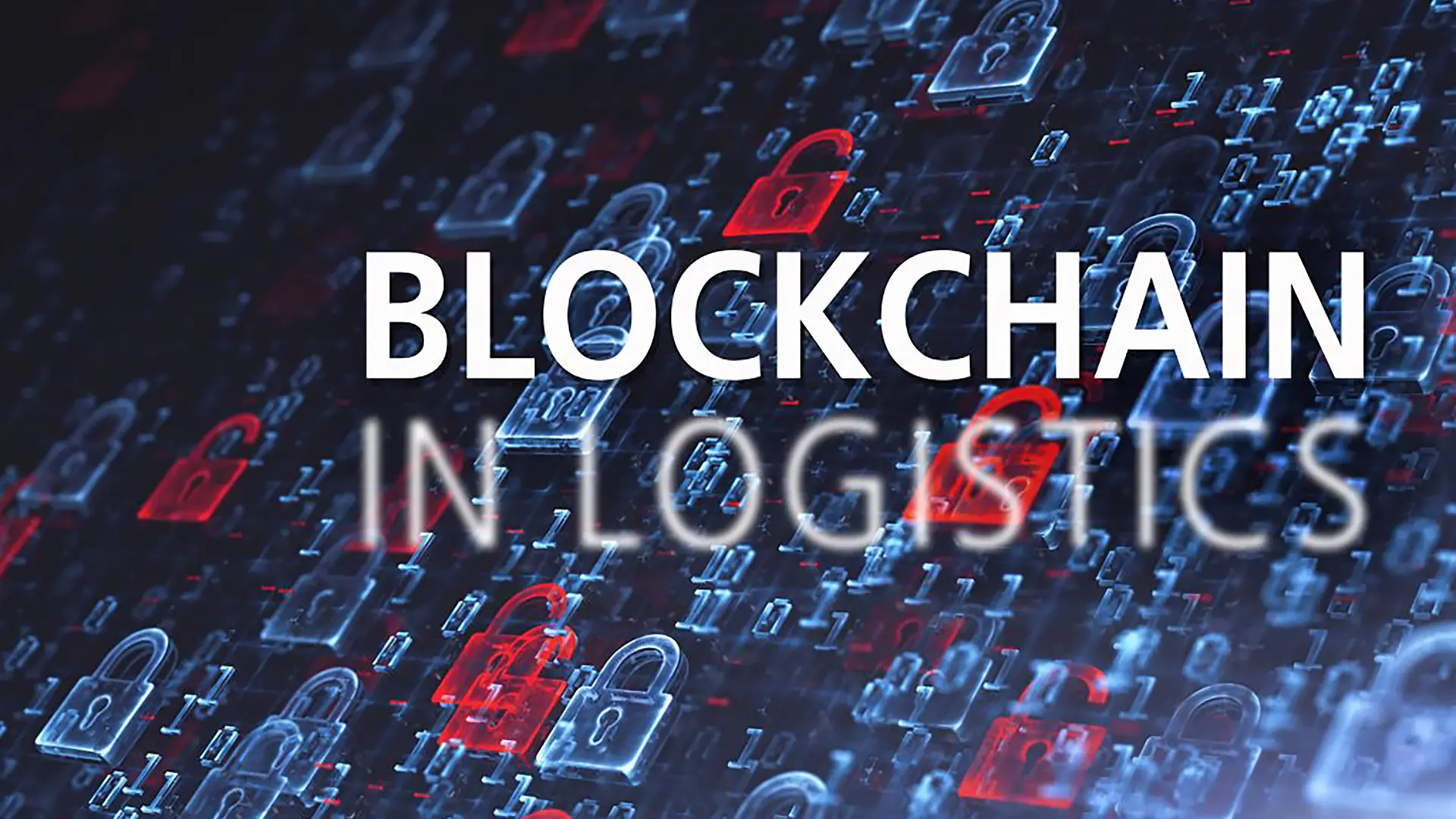Blockchain in Logistics: Enabling Transparency and Trust

What is the value behind this trend? How does it apply to logistics and most importantly – how is it likely to reshape the future of this industry? Here are my thoughts on the topic.
Blockchain – Explained
Simply put, blockchain is a technology that enables the processing and storage of data following a unique methodology. The data is not typically stored centrally but dispatched on a distributed ledger across a network of computers. These computers would process every transaction and hold a copy of the blockchain. The data is stored in “blocks” which are linked to each other using cryptography: each block contains a “fingerprint” of the previous block. This approach is particularly relevant for use cases that require:
- Immutability – data on blockchains cannot be altered retroactively without collusion
- Transparency – data changes are publicly viewable by all parties
- Robustness – no individual node is crucial to the database as a whole
- Disintermediation – transactions contain their own proof of validity and authorization, no central authority is needed
The benefits of blockchain become more tangible as we take a closer look at use cases in the logistics sector.
Blockchain – Applied to Logistics
Blockchain applications in the logistics industry are currently at a pilot stage. However, I believe many of these applications show real potential. The most tangible benefits I see in our industry are:
- Tracking of items provenance and the visibility on handling conditions
- Facilitating interaction between multiple parties within a supply chain.
1. Tracking of Provenance and Handling Conditions
How does this work? All parties involved in a manufacturing and logistics process can trace the process steps in a blockchain application. The data is disclosed to all stakeholders within the value chain, including the end-consumer. This gives the consumer visibility on the shipment origin and handling conditions. Smart sensors and the Internet of Things (IoT) can facilitate this information flow.
Such a function delivers tangible value by providing proof of legitimacy for pharmaceutical shipments, or proof of authenticity for luxury goods. Walmart showed the way by cooperating with IBM to test blockchain solutions for tracing the provenance of products such as Chinese pork and Mexican mangoes. In case of contamination, the source can be identified easily.
In a pilot run by BASF, IoT-enabled pallets were used to record ambient temperature for cold chain transports, and the location of potential impact damage. This application allows the company to verify compliance to handling requirements, and mitigate loss of or unexpected damage to shipments.
2. Facilitating Interaction Between Multiple Parties
The processing status of all parties involved in a specific logistics process is automatically tracked and saved digitally on the blockchain application. All parties have direct access to the data, which creates mutual trust and makes a trusted ‘coordinator’ superfluous. This results in a faster and more transparent process.
The port of Rotterdam, for example, tests applications to share trusted information amongst their numerous stakeholders (customs, port authorities, stevedores, freight forwarders, road carriers, shippers, consignees, banks and more). Speeding up their processes ultimately reduces the time a vessel spends in the harbor.
The city of Dubai aspires to become the blockchain hub and has initiated multiple initiatives. Blockchain solutions are used to integrate all stakeholders in the commercial process to make import-export activities more efficient. Ultimately, paper-based contracts would be replaced with smart contracts where supply chain stakeholders would be able to access information about the location and status of their goods in real time.
The Outlook
Blockchain is regarded as a disruptive trend. The use cases are still at the experimental stage and the technology hasn’t matured yet. However, the applications described, show that this trend has the potential to reshape the structure of logistics processes and the handling of information flows. Blockchain solutions enable peer-to-peer networks based on mutual trust. This removes the need for middlemen and is very likely to impact logistics companies whose value is to act as a ‘trusted’ party coordinating other supply chain players. Today, the logistics data is held proprietarily by the logistics company who shares it further with its customers. In the future, this same logistics company will add its information to the overall information pool shared with the customer by the blockchain application. Contrary to today, the information will become public and accessible by all within the network.
Moving forward, providers of blockchain applications for overall logistics processes are expected to gain in importance and their profit share in the logistics industry is likely to increase. Tapping into the opportunities that blockchain provides rather sooner than later is a must to ensure competitiveness and sustainable industry growth.
What is your perspective on the viability of blockchain in logistics? I look forward to exchanging with you on this topic on my blog.






